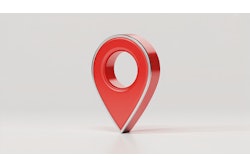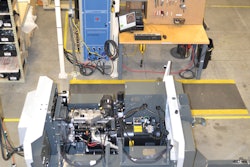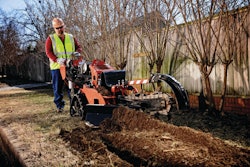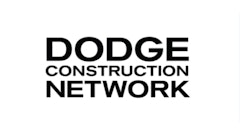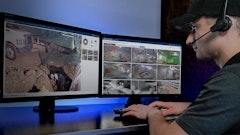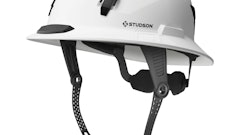Ask five different rental operators to describe the most necessary contribution technology makes to their business, and you’ll get five (or more) different answers: Speed, accuracy, rate discipline, inventory availability, mobility... the list goes on.
In reality, all of these answers share one common theme: information. And not information for information’s sake, but information presented in a way that allows you to take care of your customers. Information that makes a lasting impression, builds loyalty, and ensures that you get the next call, rather than a competitor.
Let’s take the example of speed. To most rental operators, speed means servicing the customer’s rental request as quickly as possible – and yes, you need competent employees on the phone, at the counter, in the field and in the shop to make that happen. But boiled down to the basics, you need information.
Information drives your ability to capture a customer commitment, create a rental contract, and dispatch the equipment with speed and accuracy. To do that, you need to be able to show all relevant information to the customer when he or she arrives at your rental store, or calls you on the phone. In many cases, you’ll need that information at your fingertips before the point of customer commitment – when your salesperson is standing with a prospect at a construction site or an event venue.
Information builds bridges and removes roadblocks. If a customer wants to rent a piece of equipment, the last thing you want to say is, “Let me call you back with availability.” Or, “Let me check with our credit manager” if it’s a big-ticket rental. Instead, you should be saying, “How did that compressor work out for you in April?” or “It’s a good thing you had that tent for your daughter’s wedding – it poured!”
A good rental system will show you all the customer’s information on your screen, be it on a computer, tablet or mobile phone, while you’re talking, so that you can prompt the conversation:
- What is the customer’s history with renting similar categories of equipment? Is there a better option to suggest for this particular application?
- What is the availability of that option at the day and time required?
- Does the customer pay his bills on time? What is his outstanding AR balance?
- Does he merit a special consideration on rate?
All of this information can help you capture the rental or, alternatively, avoid a risk. And it enables you to deliver the quality of customer service that earns repeat business.
Another information-based necessity is asset management. As a rental business, you need to know where your assets are at all times. It’s a core component of managing rental inventory for high returns. You also need to know how often a customer is using certain types of equipment, and what the usage is — this is key as a way to optimize preventive maintenance and generally safeguard the earning power of the asset. The information gleaned from GPS and telematics reduce downtime, mitigate customer frustration, and contribute to the useful life of the rental asset.
Benefits to customers
That’s all very well from the rental operator’s standpoint, and it has definite benefits to the customer. But what is “necessary functionality” from the customer’s own perspective? Here’s what we’ve learned from our experience working with rental businesses of all types.
We’ve found that the universal objective of rental customers is to be able to communicate back and forth easily with their rental supplier. The transfer of information is a big focus for us at InTempo, and the customer portal is one primary example of how this focus comes to life in our technology. Our portals put meaningful information in renters’ hands so they can control their own decisions, such as the timing of calling a piece of equipment off-rent, without compromising any control on the part of the rental business. In fact, it enhances business control.
It’s a natural evolution from online portals to full-fledged mobile functionality, right? The answer is yes and no. From the renter’s perspective, an online customer portal has a lot of value as part of the mobile landscape. It makes it easy for renters to see what they have on rent, look at invoices and review other info related to their account. The desire was there early on with customers, to be able to access account information. Now our portals have been extended to mobile devices so information can be accessed more easily on-the-go – an extension of information.
By contrast, full-fledged mobile functionality for rental operations is a different animal, and it doesn’t fall under the heading of “necessary functionality” yet. That being said, the industry is moving in this direction. Rental customers will continue to push for all things mobile simply because they’re consumers, and consumers increasingly live in a mobile world today.
At the end of the day, the only real necessity is to get the best, most complete information you can in the hands of the people closest to your customers – and in that regard, rental management technology is the golden ticket. If you aggregate and utilize information properly, revenue will follow and loyalty will build.




